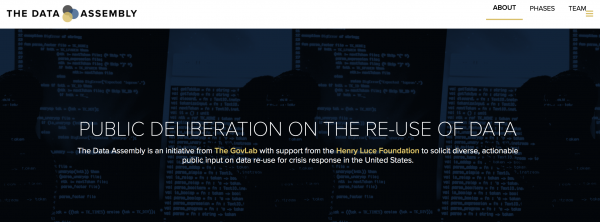Federica Cocco and Alan Smith at the Financial Times: “… To understand the historical roots of black data activism, we have to return to October 1899. Back then, Thomas Calloway, a clerk in the War Department, wrote to the educator Booker T Washington about his pitch for an “American Negro Exhibit” at the 1900 Exposition Universelle in Paris. It was right in the middle of the scramble for Africa and Europeans had developed a morbid fascination with the people they were trying to subjugate.
To Calloway, the Paris exhibition offered a unique venue to sway the global elite to acknowledge “the possibilities of the Negro” and to influence cultural change in the US from an international platform.
It is hard to overstate the importance of international fairs at the time. They were a platform to bolster the prestige of nations. In Delivering Views: Distant Cultures in Early Postcards, Robert Rydell writes that fairs had become “a vehicle that, perhaps next to the church, had the greatest capacity to influence a mass audience”….
For the Paris World Fair, Du Bois and a team of Atlanta University students and alumni designed and drew by hand more than 60 bold data portraits. A first set used Georgia as a case study to illustrate the progress made by African Americans since the Civil War.
A second set showed how “the descendants of former African slaves now in residence in the United States of America” had become lawyers, doctors, inventors and musicians. For the first time, the growth of literacy and employment rates, the value of assets and land owned by African Americans and their growing consumer power were there for everyone to see. At the 1900 World Fair, the “Exhibit of American Negroes” took up a prominent spot in the Palace of Social Economy. “As soon as they entered the building, visitors were inundated by examples of black excellence,” says Whitney Battle-Baptiste, director of the WEB Du Bois Center at the University of Massachusetts Amherst and co-author of WEB Du Bois’s Data Portraits: Visualizing Black America….(More)”

Working with students and alumni from Atlanta University, Du Bois created 60 bold data portraits for the ‘Exhibit of American Negroes’ © Library of Congress, Prints & Photographs Division

